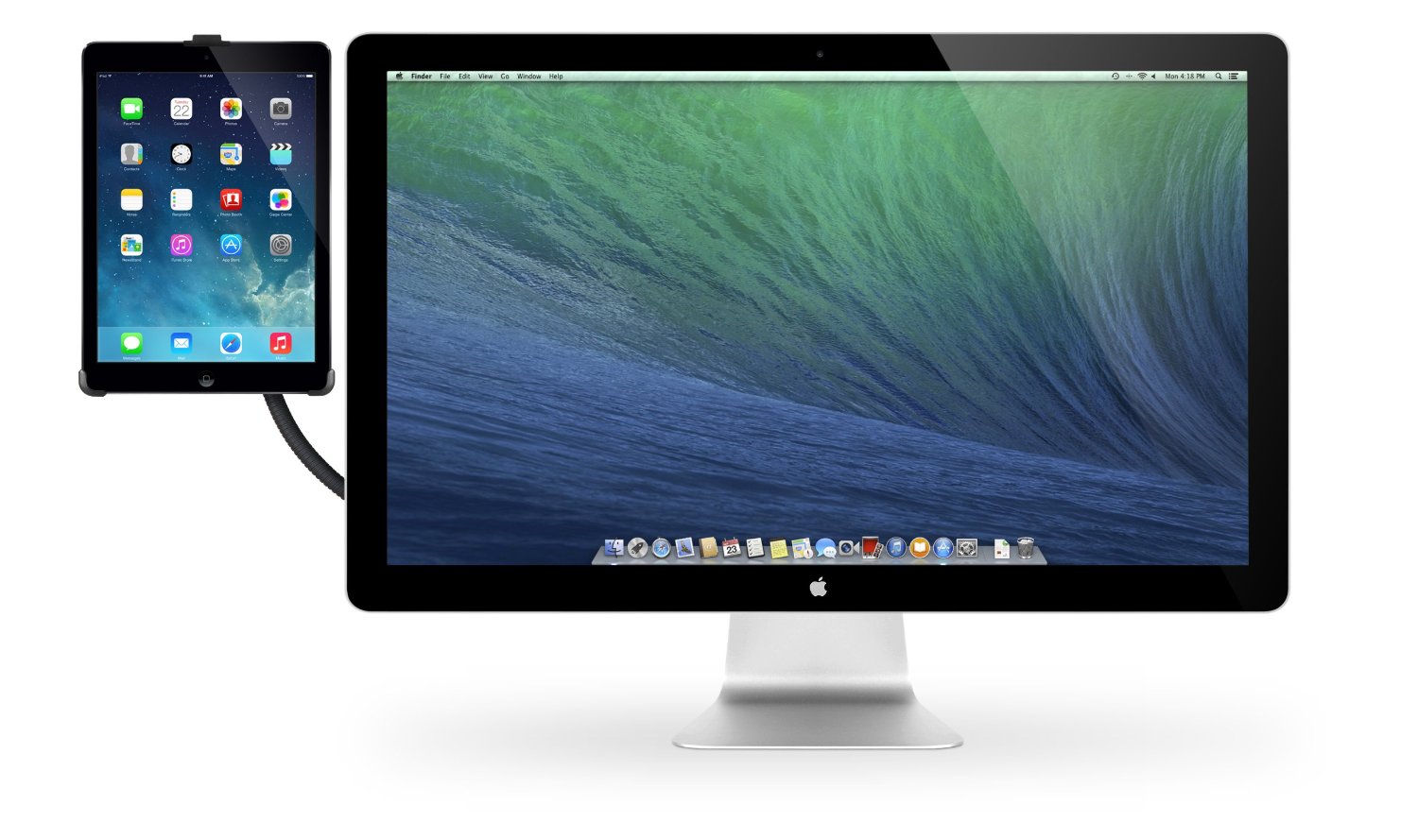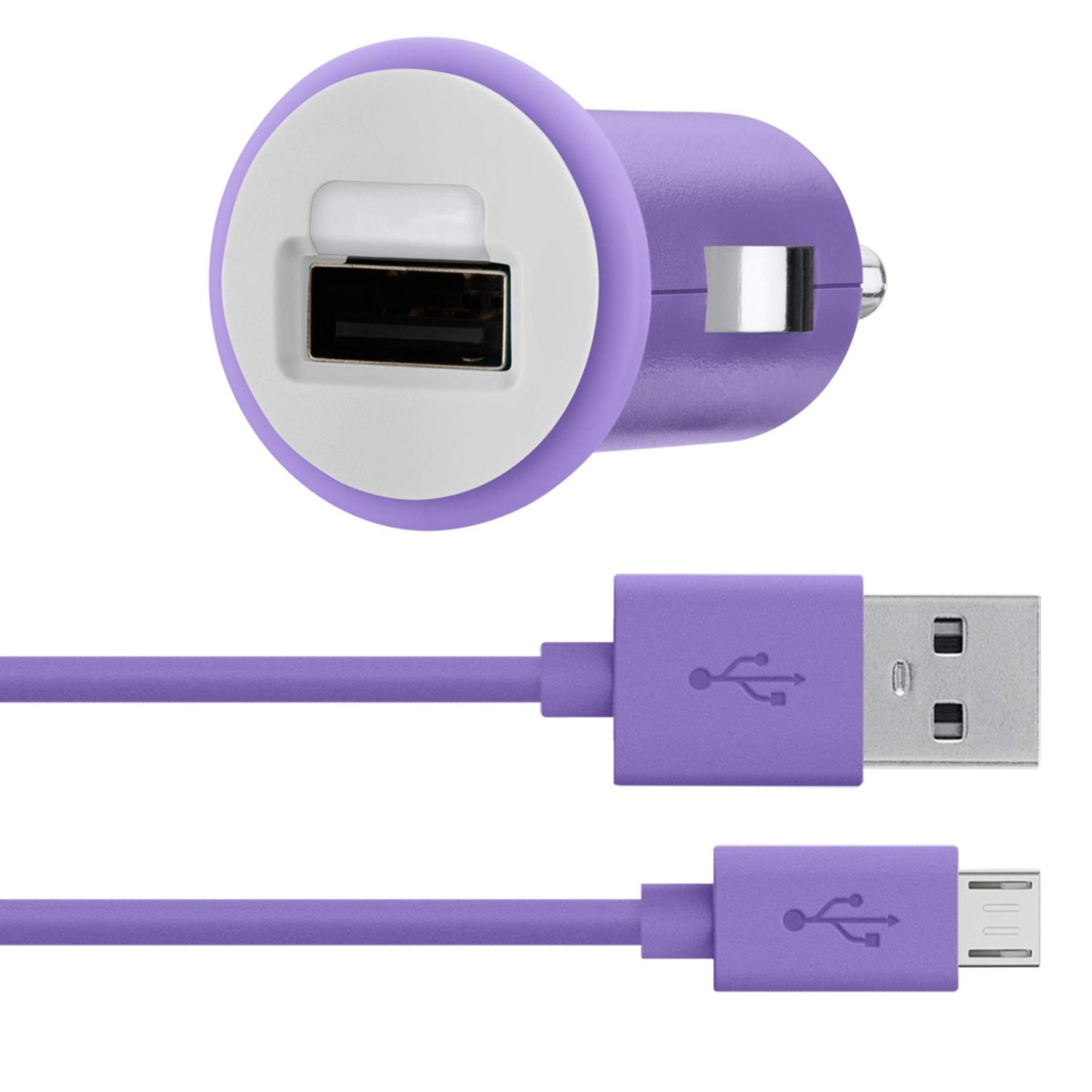5 Ways E-Books Are Frustrating
5
Those of you who have had the opportunity to use your e-reader for some time are familiar with the advantages of using those devices to consume content. Platforms such as Kindle let readers get more out of their reading experience and share content and highlights with others too. Richard MacManus @rrw summarizes these positive points beautifully. But not all is rosy when it comes to e-books. The industry is yet to hit maturity, and there are major issues e-reader manufacturers, publishers, and authors need to deal with.
eBook Prices Are Too High
This goes without saying. Asking folks to pay $9.99 (or $14.99) for e-books just seems too much. It’s not as if Amazon Kindle or Apple iPad are free e-book readers. Besides, you do not really own your e-book when you can’t sell it or share it with others easily. I would not be complaining if all e-books were priced in an affordable fashion. Unfortunately, some e-books are selling for almost as high as their paperback version. Is that fair?
You Can’t Sell Your E-books
Going back to the previous point, e-book buyers simply can not sell their e-books. That means you are stuck with what you have bought forever. That is going to be a huge turn off especially for college students.
Can Your E-Reader Last
Kindle, iPad, and Nook are all great devices. But they all have a limited life-time. Your device may last you 1 year or 5 years. But you will have to keep buying e-readers to continue enjoying your e-books (unless you do not mind reading your e-books on your computer).
Lack of a Unified E-Book Format
Most top e-readers support PDF and other types of files. But if you decide to buy your e-books from Amazon, B&N, or Borders, you are going to get files in very different formats. A lot of content that you can pick up from these sites is not portable. That’s something we never had to face with paper books. There are open formats out there. Not all the above companies are willing to widely adopt them though.
e-Book Piracy Is a Big Issue
Let’s face it. People pirate e-books just like they do music and PPVs. There is just something about digital products that gives people the indication that it is fine to steal them. After all, you are only getting your hands on a file, right? It is not clear how Amazon and other companies can fight piracy. But DRM is not the answer. Putting unnecessary restrictions on e-books can be frustrating to e-book buyers and does not solve the problem.
I am not suggesting that people should dump their e-readers and go back to paper books. Still, there are numerous outstanding issues that the top players in the e-book industry need to work out (I didn’t even include the whole “exclusive deal” debacle). Book 2.0 is the future but we still have ways to go to get there.










